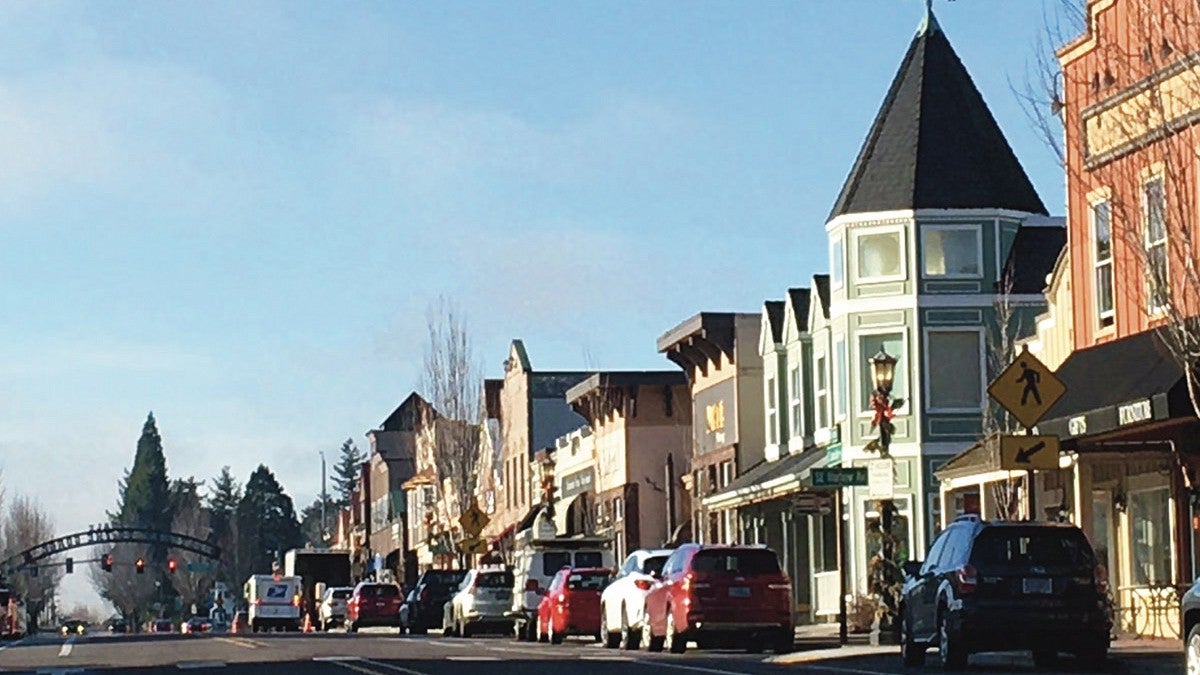
The UO’s Sustainable City Year Program (SCYP) and the City of Troutdale have launched a new partnership for the 2020-21 academic year.
Troutdale officials, city project partners, University of Oregon leadership, and students and faculty in architecture, journalism, planning, landscape architecture, law, public administration, and nonprofit management, as well as engineering from Portland State University, are collaborating to promote Troutdale for business, living, and visiting.
SCYP returns to the Portland region to partner with the City of Troutdale, a community of 16,000 located at the confluence of the Sandy and Columbia rivers. Now in its 12th year of partnerships with Oregon communities, SCYP will connect Troutdale with five fully remote courses for the first time ever. Planning for winter and spring classes is underway.
Students will work on a variety of projects, from affordable housing research and design to cottage cluster design standards. They will meet with and present solutions to city staff and community stakeholders virtually.
Through classroom work, applied learning assignments, and collaboration with the city, SCYP students will endeavor to help Troutdale achieve its goals. For example, one project will explore revitalizing a critical 4.3-acre site identified in the city’s forthcoming Town Center Plan. Students will analyze the potential opportunities and challenges of revitalizing the site with affordable housing based on one of three key themes: climate change, housing insecurity, or racial justice.
The Sustainable City Year Program (SCYP) is a year-long partnership between the UO’s Sustainable Cities Institute and a new partner in Oregon each year, for which students and faculty in courses from across the university collaborate with a public entity on sustainability and livability projects. SCYP faculty and students work in collaboration with staff from the partner agency through a variety of studio projects and service-learning courses to provide students with real-world projects to investigate.
